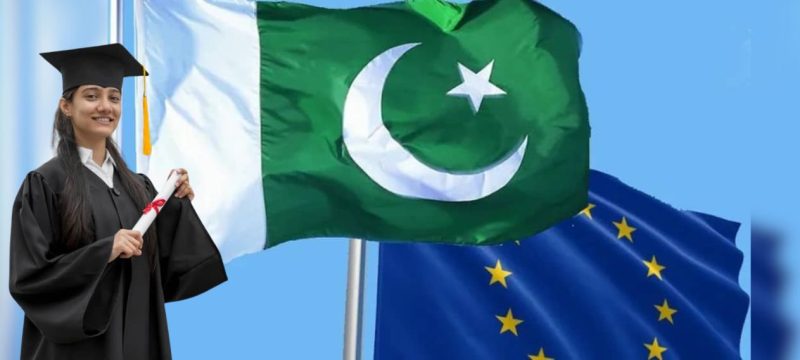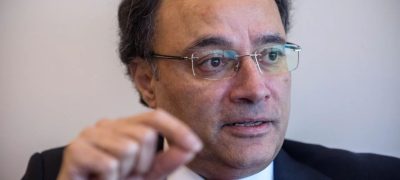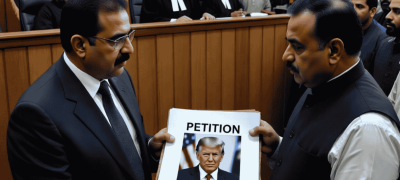Pakistan has once again emerged as the top recipient of the prestigious Erasmus Mundus Joint Masters scholarships, achieving a remarkable milestone for 2025. This year, 114 Pakistani students have been awarded the highly competitive scholarships funded by the European Union, marking the highest number from any country.
Notably, 66 of the selected students are women, making up nearly 58% of the Pakistani recipients — a historic step forward in promoting gender equity in higher education. This progress reflects a positive shift toward greater inclusion of women in global academic opportunities.
Read more: Punjab Launches Phase-II of Honhar Scholarship to Support 30,000 Students
The Erasmus Mundus programme, known for its rigorous selection process, chose 2,176 students from 137 countries this year. Pakistan topped the global list, followed closely by India (96), Bangladesh (95), Mexico (93), Nigeria (75), and Brazil (73), showcasing a strong presence from countries in the Global South.
Although the number of Pakistani awardees is slightly lower than in 2024 — when 189 students were selected (including 100 men, 88 women, and one non-binary student) — the 2025 achievement remains significant for its emphasis on female representation and sustained academic excellence.
The Erasmus Mundus Joint Masters scholarships allow recipients to pursue integrated master’s degree programs at multiple universities across Europe. These scholarships cover all academic and living expenses, including tuition, travel, visas, and accommodation. The program offers a unique educational experience that often includes cross-cultural coursework, internships, collaborative research, and a jointly supervised thesis, typically across at least three European countries.
The European Union’s Delegation in Islamabad hailed the accomplishment as a “proud moment” for Pakistan, praising the country’s continued academic progress and its growing recognition on the global stage.
Pakistan’s ongoing success in the Erasmus programme not only highlights the nation’s academic potential but also underscores its progress toward empowering youth—especially women—through international education.









